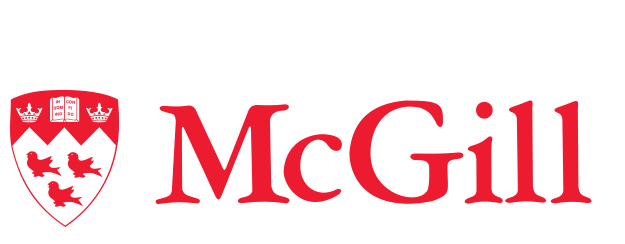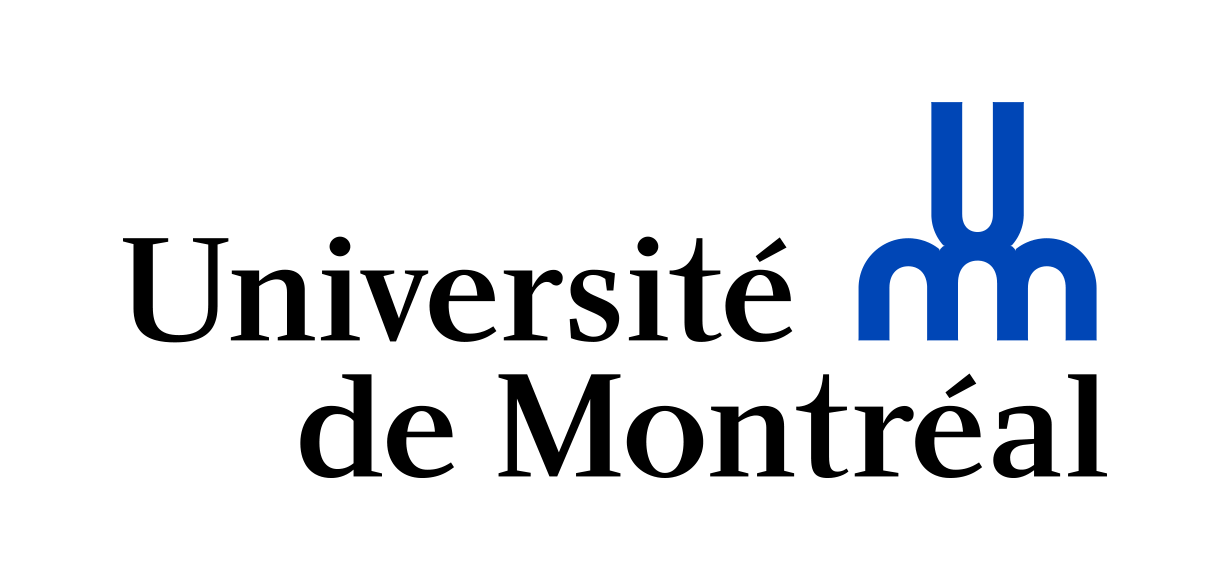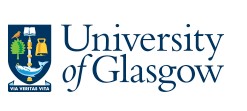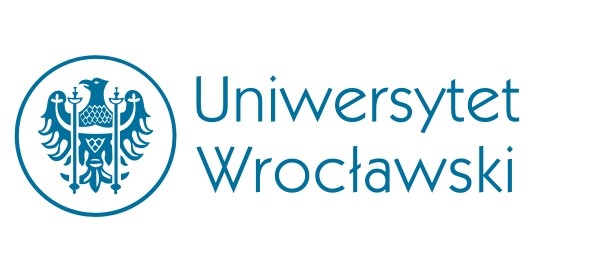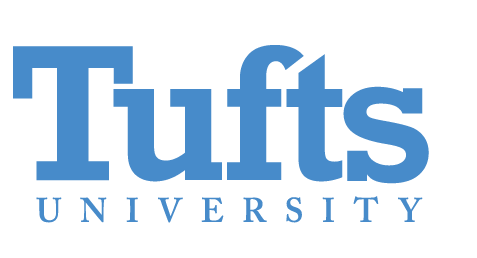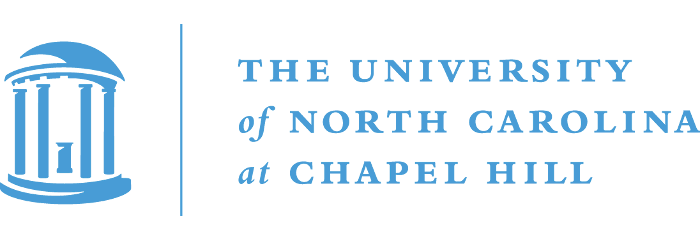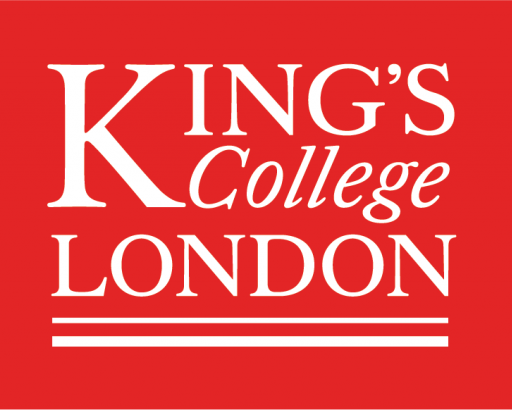Katherine Crofts-Gibbons, October 2018
The BEAR Network Graduate Mobility Grant enabled me to attend the BEAR Multi-Methods Workshop in Glasgow from 3-5 October. The workshop was an extremely useful experience that will be of great benefit to my research.
The first day of the workshop – covering protest event theory, data, and software – was the most directly relevant to my own research. I am working on street protests in former Soviet Central Asia, and intend to use Protest Event Analysis (PEA) in order to study this phenomenon quantitatively. I have had very little previous training in these areas, so the first day of the workshop was an excellent introduction to the relevant methodology, led by world leading scholars. I now have a much firmer grasp of the methodology around protest event data, as well as the areas I need to pursue further training in.
The second day of the workshop – focusing on social network analysis – introduced me to a methodology that I have not previous studied. In the context of my research, the workshop demonstrated the usefulness of social network analysis as a tool for investigating opposition groupings and clientalist elite networks. I had not intended to use these methods in my PhD project, but the workshop has left me considering how I might make use of them. The discussion of the use of social media data, particularly the software available for this, was also very useful.
The third day of the workshop – on simulations and games as a pedagogical tool – will be of great benefit to me later in my PhD career when I hope to take on teaching responsibilities. The sessions demonstrated the power of simulations and games as teaching aids, and provided useful advice on creating and implementing them.
Overall, as a new PhD student, after spending two years in the private sector, the BEAR Multi-Methods Workshop was the perfect way to start my PhD, and enter back into academia. The workshop provided an invaluable opportunity to network with other researchers working on thematically similar topics, and to share literature and methodology suggestions and advice. Coming from different universities, working in different departments and on different geographical areas, many of us would have been unlikely to have met without this workshop.
The workshop also provided an opportunity to learn from leading academics in their field, and to discuss my work with them. I am confident that I will produce better research as a result of the workshop. Perhaps most importantly of all, the workshop made me realise how much methods training I still need to do!





